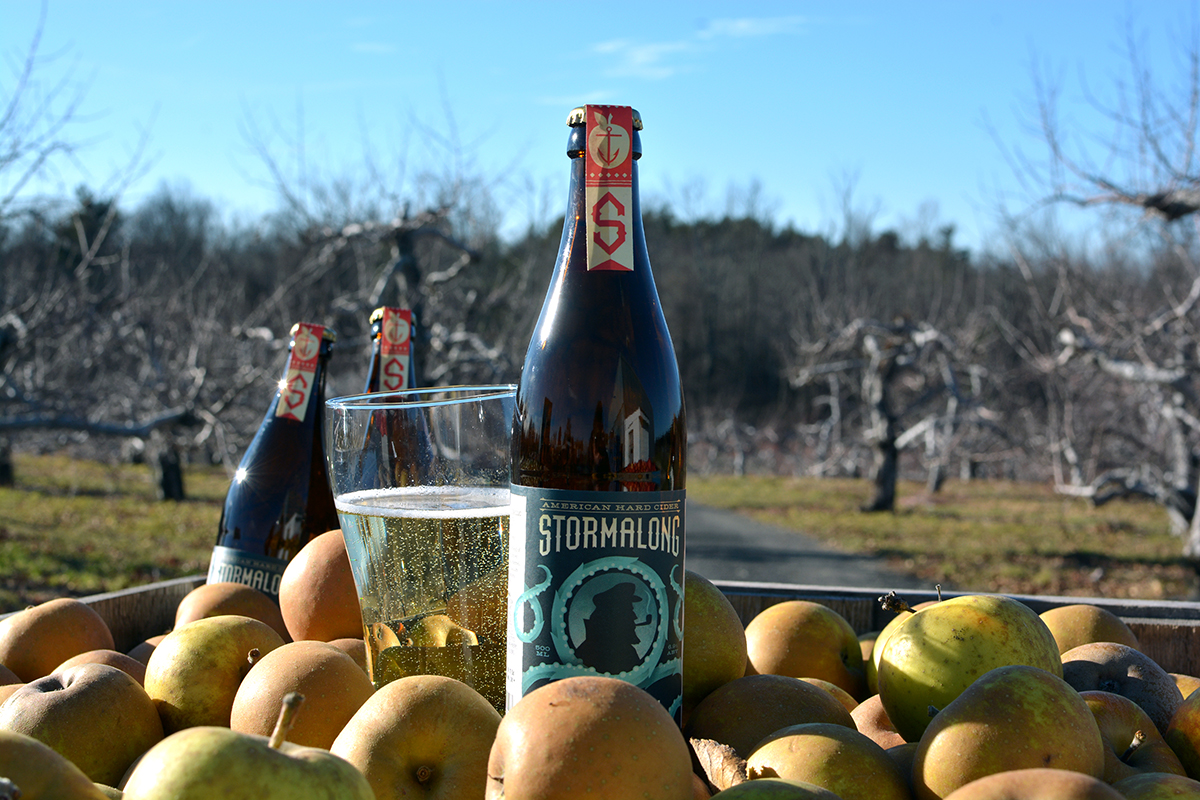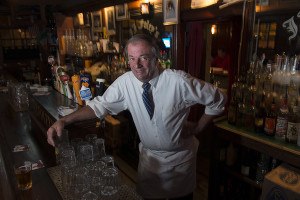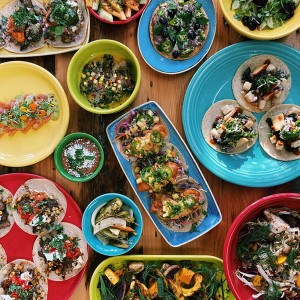From L.A. to Sherborn: The Unlikely Story of Massachusetts’ Best New Cidery

Photo courtesy of Stormalong Cider
After 16 years in the music business (first at Rykodisc, then MCA) Shannon Edgar had had enough. He was done with the major labels, the late nights, and the rampant disillusionment that was sweeping across the industry. And most especially, he was done with Los Angeles.
So, like Oliver Wendell Douglas, deserting city dwelling for a simpler, more bucolic way of life, Edgar went searching for his Green Acres. A native of Holliston, Edgar had always harbored dreams of returning to New England, so he headed east. That’s how Edgar, his wife, and two children found themselves in Sherborn, on eight acres of farmland sprouting pumpkins and crab apple trees.
This was never supposed to be some bootstrap, back-to-the-earth narrative though. Edgar was still invested in a small, California-based indie label called Intelligent Noise, which he planned to tend to remotely. But then Edgar was exposed to Judith Maloney (West County) and Steve Hill’s (Farnum Hill) dry, tannic ciders, and he became engrossed in the history of his new hometown—especially when he discovered his orchard was “a stone’s throw away” from the remnants of The Holbrook Cider Mill, the country’s largest prior to Prohibition.
Edgar was hooked. He began playing with the apple press that had been left behind by the property’s previous owners, planted almost 500 young trees on his property, reached out to winemakers on the West Coast to talk about yeast strains and malolactic fermentation, and eventually, began producing ciders that compared to his favorites throughout New England.
“At that time, there was real momentum in the cider movement, and for me, my passion for cider was evolving as well,” Edgar says. “I started tasting more and more products all over the world, while at home I started playing with some of the cooler cider apples varieties. At some point, I thought, ‘Hey, this is something that could actually be a feasible business model.'”
Edgar admits that his family occasionally pined for the comforts of their former lives, but he embraced his new rural existence, leasing more real estate at Dowse Orchards for further plantings and scouring the region for some of the more coveted apple cider varieties. Finally, last October, Edgar launched his own brand, Stormalong, named after Alfred Bulltop Stormalong, the mythical, 30-foot seaman, who also endured a quixotic journey of sorts.

Photo courtesy of Stormalong Cider
Armed with two ciders—one a tart, austere blend of Calville Blanc d’Hivers, Ashmead’s Kernels, Redfields, and Ananas Reinettes, the other a dry-hopped version fermented with whole cone Citra hops—Edgar emerged from the Great Lakes Cider & Perry Competition, the apple equivalent of the Great American Beer Fest or the San Francisco International Wine Competition, with a silver medal in tow. In less than a year, Edgar has emerged as one of the most promising cider makers in the country—a creative, enterprising voice that joins an artisanal faction (along with Carr’s Ciderhouse, Farnum Hill, and Shacksbury, just to name a few) dedicated to resurrecting true New England cider, once the country’s drink of choice.
“I think a lot of cider makers are just throwing whatever they can get into a tank,” Edgar says. “They see it [the growing craft cider movement] as a gold rush, which I think is completely wrong. That’s one of the biggest fears in this business, that people who don’t understand cider are getting into it just because they think it’s something cool to do. I’ve seen plenty of crappy products, particularly from producers who approach this from a brewer’s perspective. Cider is totally different; it’s more like wine. You might carbonate it, but it’s making wine.”
Even though Edgar scoffs at brewer’s methods within in the context of cider making, there are plenty of facets from the craft beer world he’s been quick to adapt. Not only is he dry-hopping cider, he’s currently in the process of making an “India pale cider,” which, like it sounds, would drink more like an ale. Edgar also specifically points to Fort Point standout, Trillium, as a model for his growing portfolio.
Averse to the long, often arduous process of applying for a pouring permit, Edgar has instead elected to team up with Josh and Jennifer Ziskin (La Morra), who have purchased The Sherborn Inn and transformed into a dual gastropub and fine dining restaurant called Heritage of Sherborn. To complement the Ziskin’s new “farm-inspired, American cuisine,” Heritage will be pouring a minimum of four Stormalong ciders, several of which will be limited-run offerings, like its whiskey barrel-aged cider, made in collaboration with Bully Boy Distillers, as well as a number of single-varietal selections. The overhauled 16th century building will also house a retail area where customers can purchase sample flights, bottled ciders, and other Stormalong swag.
Heritage of Sherborn isn’t slated to open until June, but you can currently find Stormalong’s Heritage Dry and Dry Hop ciders at area wine shops like Ball Square Fine Wines, The Urban Grape, The Wine Emporium, and Deluca’s Market.


